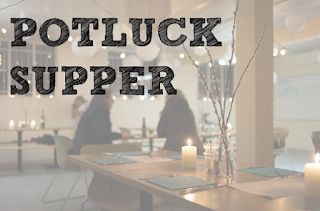Join us at Open Project Nights and a Potluck Supper, and be part of the change that's afoot in how we grow, make, distribute and eat food in Lambeth.
It's been a whirlwind 6 weeks since we launched the U.Lab programme. The 25 participants came together every Wednesday to map out the local food system, learn new tools for leading and building relationships, visit nearby food projects and start building prototypes.
Prototypes so far include
How can you get involved?
The group can't make these prototypes happen on their own. They need a whole range of skills, energy, experience and new perspectives to get them off the ground.
Here are some dates for your diaries so you can join in:
Wednesday 27th April from 6.30pm: Open Project Night.
Join the U.Lab team and contribute your ideas and skills to their prototypes – or start a new one. REGISTER HERE.
Wednesday 4th May from 6.30pm: Open Project Night.
Join the U.Lab team and contribute your ideas and skills to their prototypes – or start a new one. REGISTER HERE.
Wednesday 11th May at 6.30pm: #ULabFood Potluck Supper!
Bring a dish or a bottle and connect with other local folks passionate about changing the food system. The U.Lab groups will pitch their prototypes so far and ask for your feedback. REGISTER HERE.
It's been a whirlwind 6 weeks since we launched the U.Lab programme. The 25 participants came together every Wednesday to map out the local food system, learn new tools for leading and building relationships, visit nearby food projects and start building prototypes.
Prototypes so far include
- a community cafe
- a Food Cities Gold Award policy group
- a food buying group
- a community fridge like this one
- a vertical growing lab
- A supermarket unsummit!
How can you get involved?
The group can't make these prototypes happen on their own. They need a whole range of skills, energy, experience and new perspectives to get them off the ground.
Here are some dates for your diaries so you can join in:
Wednesday 27th April from 6.30pm: Open Project Night.
Join the U.Lab team and contribute your ideas and skills to their prototypes – or start a new one. REGISTER HERE.
Wednesday 4th May from 6.30pm: Open Project Night.
Join the U.Lab team and contribute your ideas and skills to their prototypes – or start a new one. REGISTER HERE.
Wednesday 11th May at 6.30pm: #ULabFood Potluck Supper!
Bring a dish or a bottle and connect with other local folks passionate about changing the food system. The U.Lab groups will pitch their prototypes so far and ask for your feedback. REGISTER HERE.




































